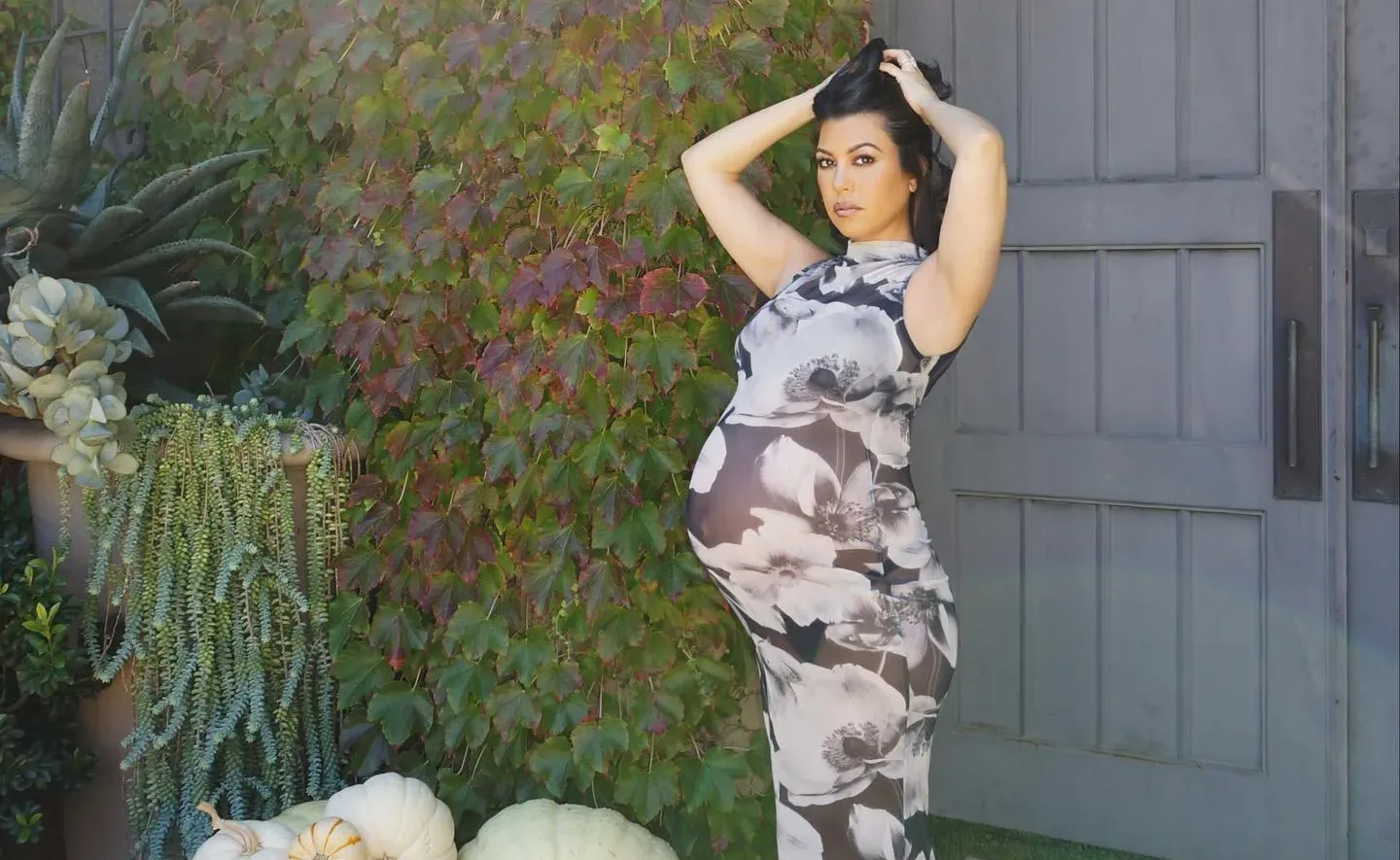Kourtney Kardashian Barker is known to be a plant-based eater, and it appears that being with child has not changed this. The pregnant 44-year-old was recently spotted eating out at the vegan restaurant Crossroads Kitchen alongside her husband Travis Barker.
Kardashian continues to follow a plant-based diet, and according to a recent study, doing so is great for prenatal health.
Kourtney Kardashian: Effects of Plant-Based Pregnancy Diet on Prenatal Health
A recent study set out to determine the benefits of plant-based diets on pregnancy.
The study examined plant-based eating’s effects on hypertensive pregnancy disorders. These disorders include:
- chronic hypertension
- gestational hypertension
- preeclampsia
- chronic hypertension with superimposed preeclampsia
These conditions can cause issues during pregnancy, and increase the risk of developing other chronic diseases later in life.
The study followed 11,459 women aged 18 and older who were part of the Nurses’ Health Study II, a long-term research project spanning from 1991 to 2009. Using a questionnaire, the study evaluated their diets. The researchers calculated their Plant-Based Diet Index (PDI), by measuring the degree of adherence to a plant-based diet, even among participants with omnivorous eating habits.
“We wanted to know how one’s diet leading up to pregnancy influences the pregnancy, so we monitored women for virtually their entire reproductive life—almost 20 years—and gained an awareness of their typical diet before pregnancy,” explained Jorge E. Chavarro, MD, ScD, lead study author, to Medscape. Chavarro is also a professor of nutrition, epidemiology, and medicine at Harvard University’s Medical School and School of Public Health.
According to the findings of the study, published in the American Journal of Obstetrics and Gynecology, women who consume plant-based diets will face a reduced risk of developing hypertensive disorders during pregnancy.
“It was clearer for pregnancy-related hypertension than for preeclampsia, but a diet made up primarily of plant-based foods seemed to be protective for both,” – Jorge E. Chavarro, MD, ScD, lead study author
Pregnancy benefits of a plant-based diet
This is not the first study to highlight the benefits of following a plant-based diet during pregnancy.
Plant-based diets are pretty high in fiber, and a recent Japanese study analyzed the data of more than 76, 207 mother-infant pairs.
The study found that children of mothers with the lowest total dietary fiber were more likely to face an increased risk of neurodevelopmental delays. These include communication skills, problem-solving abilities, personal-social skills, and both large and small muscle coordination.
Now, a 2019 review published in Nutrients concluded that plant-based diets rich in fiber and low in fat are protective against poor pregnancy outcomes. However, these protective effects can disappear if micronutrient deficiencies emerge, which can often occur in vegan and vegetarian diets.
As such, if you are going to follow a plant-based diet during your pregnancy, it is important that you ensure that you get all your essential vital nutrients and vitamin supplements.
Want to know more?
Plant-based diets aren’t just great for expectant parents. In fact, plant-based eating may improve a man’s sexual health, by preventing erectile dysfunction and protecting against prostate cancer.
References
https://vegnews.com/2023/10/pregnant-kourtney-kardashian-vegan-study
Miyake, K., Horiuchi, S., Shinohara, R., Kushima, M., Otawa, S., Yui, H., Akiyama, Y., Ooka, T., Kojima, R., Yokomichi, H., Mochizuki, K., Yamagata, Z., Group, S., Kamijima, M., Yamazaki, S., Ohya, Y., Kishi, R., Yaegashi, N., Hashimoto, K., . . . Katoh, T. (2023). Maternal dietary fiber intake during pregnancy and child development: The Japan Environment and Children’s Study. Frontiers in Nutrition, 10, 1203669. https://doi.org/10.3389/fnut.2023.1203669
Mitsunami, M., Wang, S., Soria-Contreras, D. C., Mínguez-Alarcón, L., Ortiz-Panozo, E., Stuart, J. J., Souter, I., Rich-Edwards, J. W., & Chavarro, J. E. (2023). Prepregnancy plant-based diets and risk of hypertensive disorders of pregnancy. American journal of obstetrics and gynecology, S0002-9378(23)00548-3. Advance online publication. https://doi.org/10.1016/j.ajog.2023.07.057



![women [longevity live]](https://longevitylive.com/wp-content/uploads/2020/01/photo-of-women-walking-down-the-street-1116984-100x100.jpg)










